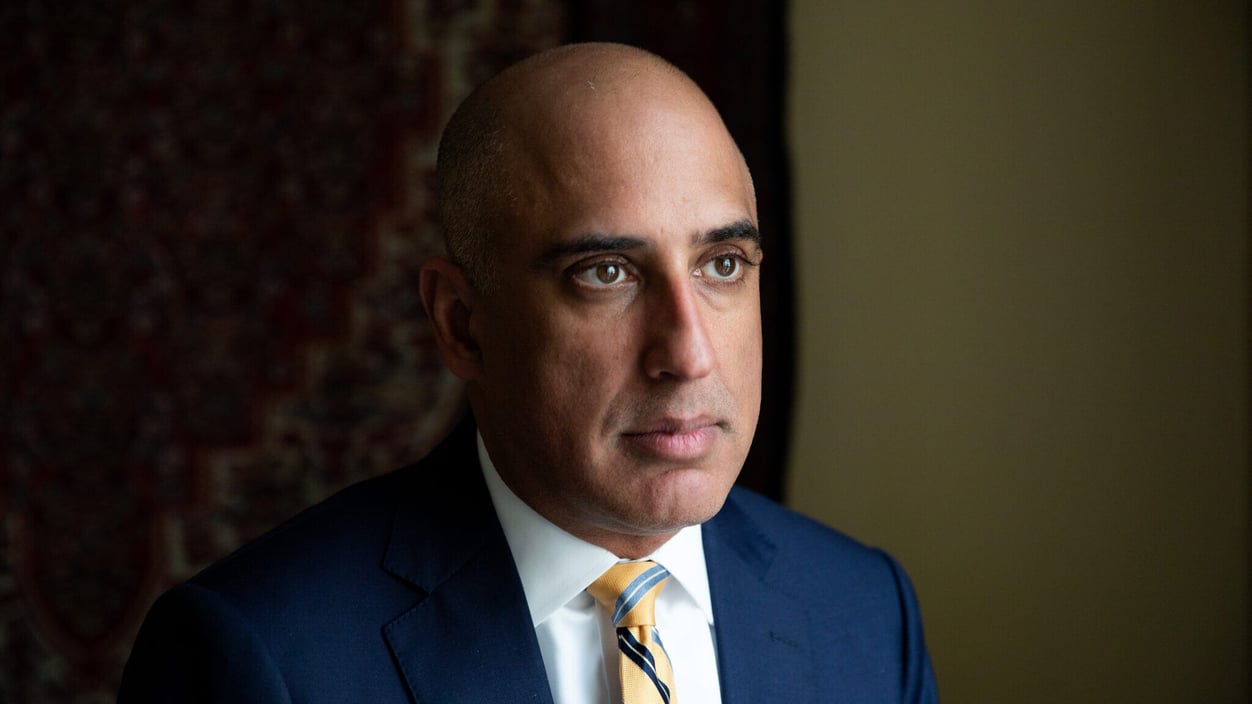first opinion
What Congress can do to reduce suicides

Adobe
Nearly half of people in the U.S. who die by suicide saw a primary care provider within a month of their death — yet suicide risk is largely undetected in primary care settings, write two physicians in a new First Opinion. That's why Congress needs to pass new federal legislation incentivizing health care providers to use integrated care models that bring mental health care into primary care visits, the authors argue.
More integrated care means that for any patient, a team of providers that includes their PCP can move in concert through the complicated dance of mental health care: detecting common problems, finding the right treatment through trial and error, and adjusting care when needed. Critically, these models have been shown to detect and prevent suicide and overdose before the point of crisis. Read more on the legislation.
If you or someone you know may be considering suicide, contact the 988 Suicide & Crisis Lifeline: call or text 988 or chat 988lifeline.org. For TTY users: Use your preferred relay service or dial 711 then 988.
vapes
FDA approves first menthol vapes
The FDA authorized the first menthol-flavored electronic cigarettes (vapes, people) for adult smokers on Friday, after an "extensive scientific review," according to the agency. The decision comes less than a week after a study found that vaping is just as good at helping people to quit smoking as the gold-standard pharmaceutical drug. The decision includes four menthol vapes from the company Njoy.
The decision is both controversial and not controversial, STAT's Nick Florko told me. Controversial because of the way menthol has been historically marketed to Black people and the Biden administration's previous efforts to ban it (plans that were put on pause earlier this spring). On top of that, mint and menthol are some of the most popular vape flavors among kids who use the product.
On the other hand — it's the FDA's job to authorize vapes if they can help protect public health. Vape backers say that if you're going to get a menthol cigarette smoker to quit, you need to offer them a menthol vape. The FDA received enough evidence from Njoy that these potential benefits outweigh the risks, the agency said in a press release. Read more of STAT's coverage to stay up to date on all things vaping.
health tech
He's the telehealth industry's least favorite doctor

Kayana Szymczak for STAT
Meet public enemy No. 1 for the telehealth industry: Ateev Mehrotra, a physician, academic, and seasoned congressional witness. One critic called him "an embarrassment to the medical community." Why? Mehrotra often tries to warn congressional committees that the booming virtual care business comes with tradeoffs. While new models of care can improve people's health or increase their access to care, Mehrotra says they can also trigger a cascade of downstream consequences that society might not be prepared to face.
He's not a telehealth denier. But since the pandemic began and telehealth lobbyists began pushing for expanded coverage of virtual services, Mehrotra has advised caution. Read more about the contentious figure in this STAT+ profile from Mohana Ravindranath.
h5n1 bird flu
Bird flu snapshot: three months later
As the H5N1 outbreak in dairy herds approaches the three-month mark, America's top animal health official is calling on farmers to step up the use of personal protective equipment, limit traffic onto their farms, and increase cleaning and disinfection practices in their barns and milking parlors.
"The more we learn about H5N1, the more we understand that good biosecurity is a critically important path to containing the virus," U.S. Department of Agriculture Secretary Tom Vilsack wrote in an Agri-Pulse op-ed on Friday. Vilsack's plea comes at a time when it's becoming clear that in addition to slow-walking the testing of animals and farmworkers and resisting the use of PPE, the dairy industry is also struggling to effectively separate sick cows and limit their movement. In a recent USDA survey of affected farms, 60% of respondents acknowledged moving animals off the farm after some of their cows started showing bird flu symptoms.
Read the rest of this week's update from STAT's Megan Molteni.


No comments